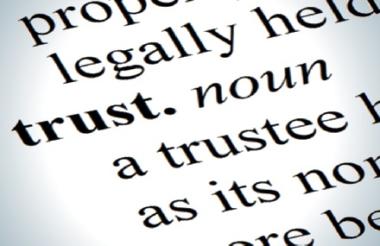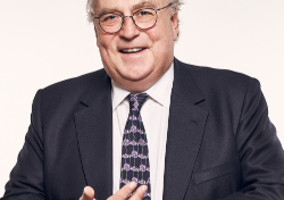Public trust in charities is “so weak and so stale that one big story could destroy it”, an audience of charity leaders heard this morning.
Ian Dunt, editor of news website politics.co.uk, was speaking at an event called Can charities win back public trust? which was organised by think tank NPC.
Dunt (pictured) told the event that political journalists sensed that public was losing trust in charities, and that the only reason the sector had not been damaged more by the collapse of Kids Company was that “it was a complex story with a lot of layers which was difficult to explain”.
He said that charities were often poor at communicating with the media, and through them the public, and that their message was often lost because they used “the management speak of the Westminster village” when defending themselves, which was a signal to the public that charities were lying.
“Charities don’t understand journalists,” he said. “You don’t seem to employ any journalists. Or if you do, they have lied to you and should be fired immediately.”
Trust takes a long time to disappear
The event, at the offices of accountancy firm Deloitte in London, also heard from Bobby Duffy, managing director of public affairs at polling firm Ipsos Mori, who said that charity chief executives in the UK were among the most distrusted in the world, with half of the UK public saying they did not trust what they were told.
Duffy said that Ipsos Mori had discovered that when the public were asked about charities, they thought of large charities.
Duffy said there were early signs of falling trust in charities, but it was not yet clear whether there was “a blip or a shift”. He said that when trust in a sector changed, it usually took a long time but was hard to reverse. He cited the example of the clergy, which has seen trust fall by almost a fifth, but over two decades.
He also said that the way the question was framed made a large difference. When people were asked if they trusted the charity sector, they said they had less trust than when they were asked if they trusted charities.
Charities should have seen this coming
Becky Slack, director of Slack Communications, told the event that charities should have seen the crisis coming. She said that in fundraising, at least, the newspapers contained plenty of warning signs.
She said that when faced with crisis, charities had responded poorly. She said they had been too slow to respond, too defensive, and had not reacted collectively. When they did eventually respond, she said, they had been too apologetic.
“There should have been a joint response,” she said. “Perhaps it should have been co-ordinated by the Institute of Fundraising. Perhaps they should have held a press confidence.
“Don’t be defensive, but do defend what you’re doing if you think it’s right.”
Related stories













